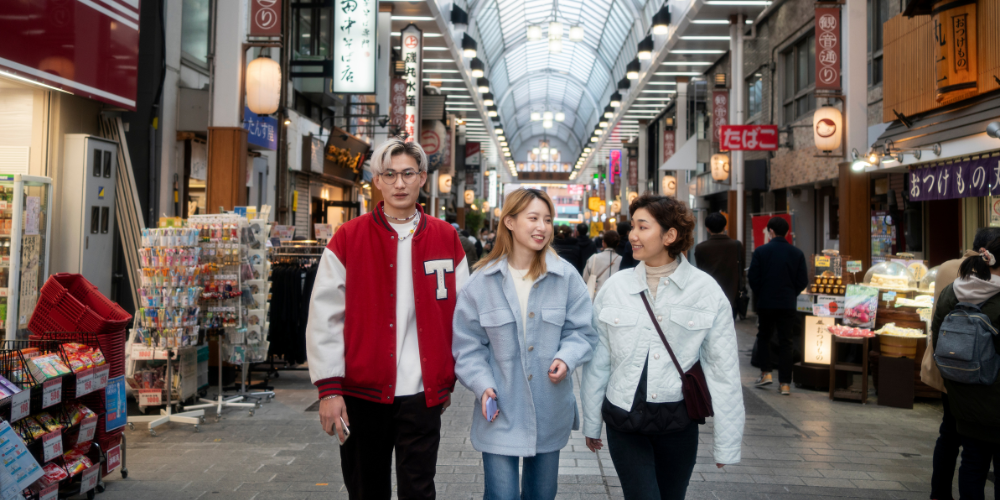
China’s Singles’ Day Begins Weeks Early to Boost Retail Spending

China’s biggest online shopping festival, Singles’ Day, is arriving sooner than expected this year. Traditionally held on November 11, the event has officially started in mid-October, marking a strategic move by Chinese retailers to jump-start spending in a slowing economy.
This year’s early rollout highlights growing pressure on both businesses and policymakers to revive consumer confidence in a market clouded by economic uncertainty.
The Early Start to China’s Shopping Frenzy
Originally launched by Alibaba, Singles’ Day is China’s version of Amazon’s Prime Day or Black Friday. It began as a one-day event but has now expanded into a multi-week shopping festival. This year, sales started just after China’s Golden Week holiday. The timing shows how serious retailers are about driving purchases amid weak consumer demand.

reuters.com | China’s Singles’ Day is a Black Friday-like event that grew from one day into a multi-week shopping spree.
Leading platforms like Taobao, JD.com, and Douyin are promoting “11.11” deals with banners, vouchers, and flash sales. Alibaba announced its “11.11 Global Shopping Festival” started on October 15. The company is using AI tools to make it easier for shoppers to find relevant products and complete purchases quickly.
Why Retailers Are Moving Early
The decision to start the event early isn’t just about enthusiasm—it’s a calculated response to deeper economic challenges. China’s economy has been weighed down by rising youth unemployment, a prolonged property downturn, and soaring government debt. On top of that, the ongoing trade tensions with the United States continue to add strain.
These pressures have reshaped consumer behavior, pushing many households to save rather than spend. Despite government efforts—such as family subsidies, wage increases, and consumer discounts—retail sales growth remains sluggish. The early Singles’ Day rollout is a bold attempt to inject momentum back into domestic consumption.
The Evolution of Singles’ Day
What started as a quirky celebration of singlehood has transformed into one of the world’s largest e-commerce events. Over time, the festival has become known for its dramatic launches, complete with celebrity performances—like singer Jessie J’s appearance at Alibaba’s gala in 2017—and record-breaking sales numbers.
But this year’s campaign comes with a shift in tone. Retailers are prioritizing practical deals over spectacle, focusing on affordability and convenience. It reflects how the market has matured—and how cautious consumers have become since the pandemic.
The Impact on Luxury Brands
The slowdown in Chinese spending has hit luxury retailers the hardest. Brands such as Louis Vuitton and Burberry have reported weaker sales in recent months, even though China typically represents nearly one-third of global luxury demand. The cautious spending trend is still visible, especially in high-end categories.

Instagram | indonesia.design | Luxury sales for brands like Louis Vuitton are weaker following a slowdown in Chinese consumer spending.
Still, investor sentiment seems to be edging toward optimism. Shares of major luxury houses like LVMH and Moncler have started to recover, buoyed by expectations that China’s shoppers could return in force during events such as Singles’ Day.
The Digital Edge Driving Sales
Technology continues to redefine Singles’ Day. Retailers are leaning heavily on AI to refine recommendations, personalize the shopping experience, and streamline payment systems. The trend reflects a larger move toward data-led retail, where engagement comes from understanding consumers rather than blasting discounts.
On Alibaba’s platforms, AI-powered search and recommendation tools are helping shoppers navigate the flood of listings more intuitively, surfacing items that fit their tastes faster. As digital experiences become smoother and smarter, analysts expect engagement—and spending—to inch upward even in a cautious market.
A Test of Consumer Confidence
This year’s early Singles’ Day rollout says as much about China’s economy as it does about retail strategy. Brands are working hard to rekindle excitement and spending, while shoppers weigh enthusiasm against tighter budgets.
With Taobao, JD.com, and Douyin all vying for attention, this year’s event will serve as a telling gauge of consumer sentiment. Whether the extended shopping season can truly reignite confidence remains to be seen—but one thing is clear: China’s digital marketplace isn’t waiting around to find out.
More inShopping
-
Four Seasons Hotel Milano Introduces Personal Styling With Vittoria de Carlo
When it comes to fashion, Milan is unmatched, blending elegance with avant-garde trends. To uncover the heart of Milan’s fashion scene,...
October 9, 2024 -
The Most Successful Female Celebrity Brands
In today’s world, many female celebrities are not just shining in the entertainment industry but also making significant strides as entrepreneurs....
October 1, 2024 -
How to Incorporate Sustainable Outdoor Activities Into Your Travel Adventures
Opting for sustainable outdoor activities may seem challenging at first, but it’s an essential choice for preserving our environment. While integrating...
September 26, 2024 -
Here’s How You Can Get Low Interest on Loans in 2024 & Beyond
How to get a low-interest loan? Well, it is a question many Americans seek an answer to. After all, interest rates...
September 20, 2024 -
How to Buy the Perfect Men’s Belt Online
Selecting the right belt size might seem straightforward, but it can be more nuanced than simply matching it to your pants...
September 12, 2024 -
Why Joey Lawrence and Samantha Cope Parted Ways After 2 Years of Marriage
In a surprising turn of events, Joey Lawrence’s divorce from Samantha Cope has become a topic of widespread discussion. The couple,...
September 2, 2024 -
Must-Visit Tourist Attractions in Brussels
Exploring Fairytale Cities (Bruges and Ghent) One of the best things to do in Brussels is to take a day trip...
August 28, 2024 -
What Is a Write Off and How Companies Use Them?
Understanding the Nuances of Write-Offs Understanding the nuances of what is a write-off is essential for businesses. While the basic concept...
August 23, 2024 -
How Much Does a Europe Trip Cost? Detailed Cost Analysis
Europe, with its rich tapestry of cultures, historic landmarks, and diverse landscapes, offers something for every traveler. However, before embarking on...
August 13, 2024

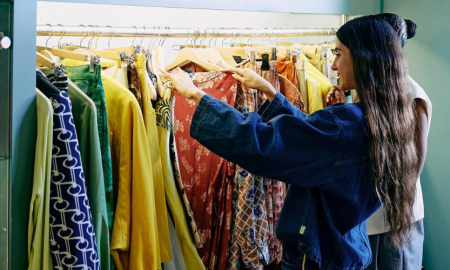
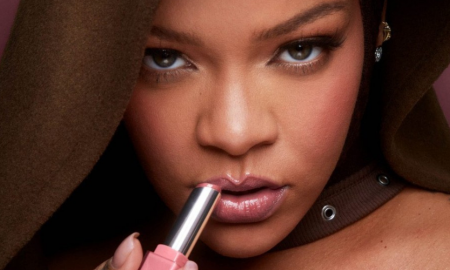







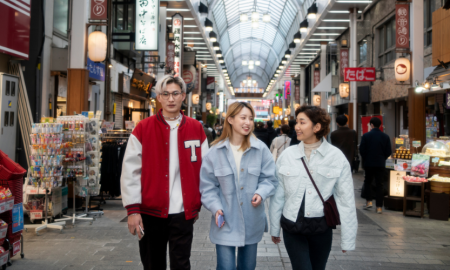

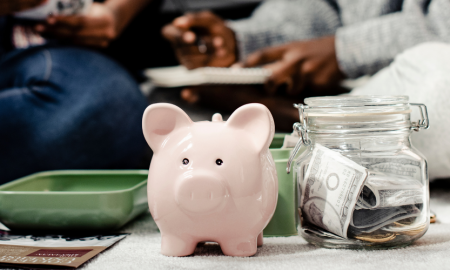

You must be logged in to post a comment Login